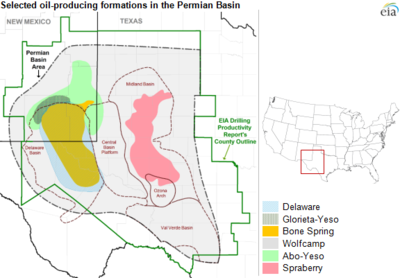In a bit of welcome news for Texas mineral owners, according to the metrics calculated by Baker Hughes, the oil and gas drilling rig count for Texas and the United States is going up. Specifically, the rig count has gone up by 13 rigs since October 9, 2020. This represents the fifth week in a row that there has been an increase in the rig count. This past week has represented the largest increase since January 2020. Of course, there has been a decrease of 569 rigs since October 2019, so there is a ways to go.
Over half of the rigs have been added in Texas and especially in the Eagle Ford Shale.
The downward pressure on oil and gas prices due to the OPEC/Russian price war and the erosion of demand due to the covid virus has decimated oil prices, although they currently seen to be holding steady at about $40 per barrel for oil, according to the Energy Information Administration. In September, the Henry Hub natural gas spot price averaged $1.92 per million British thermal units (MMBtu), down from an average of $2.30/MMBtu in August, 2020.






